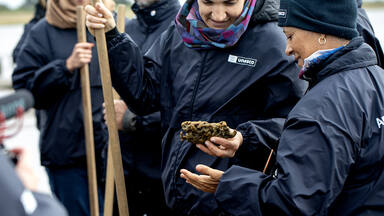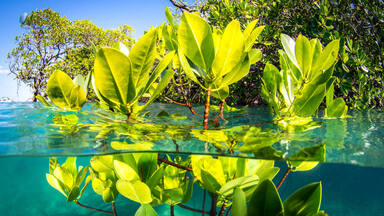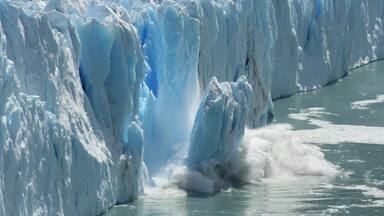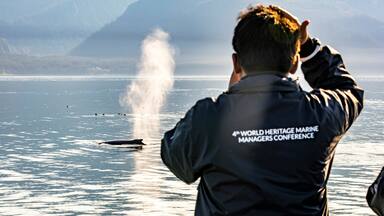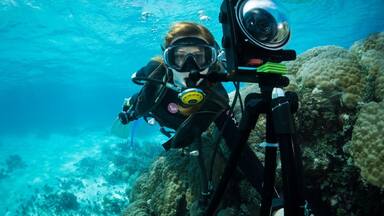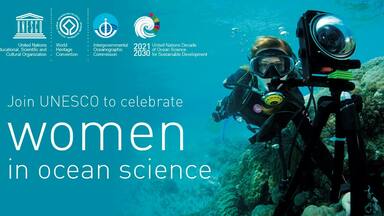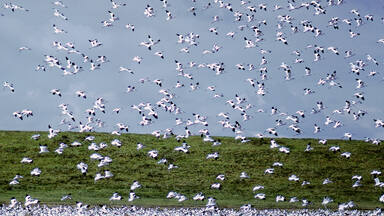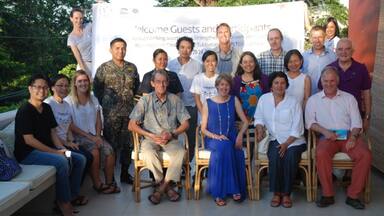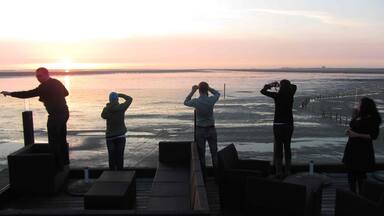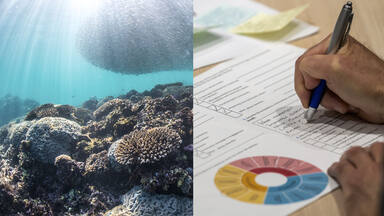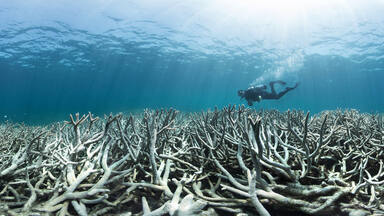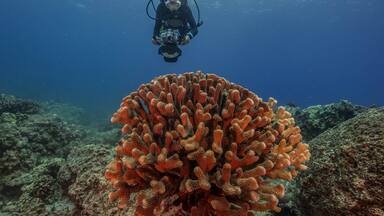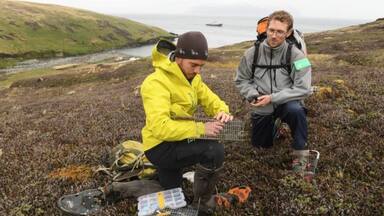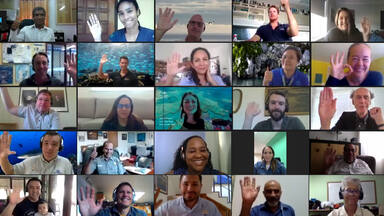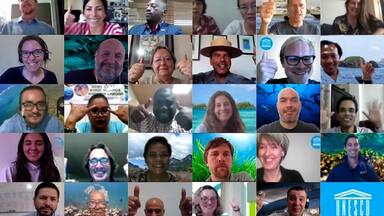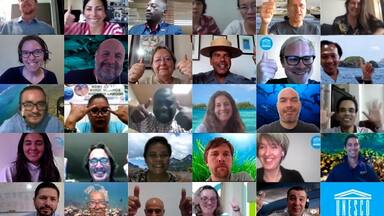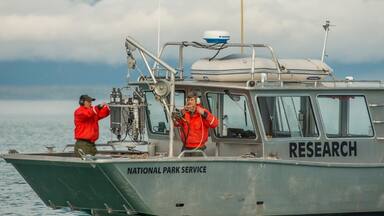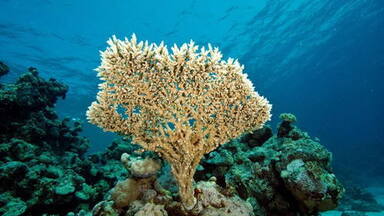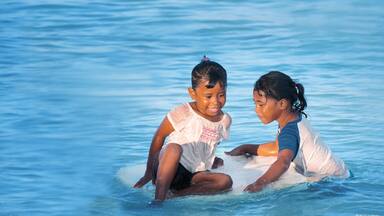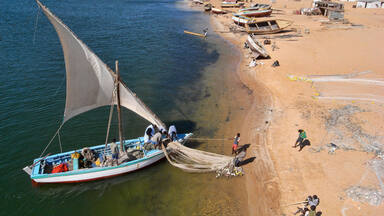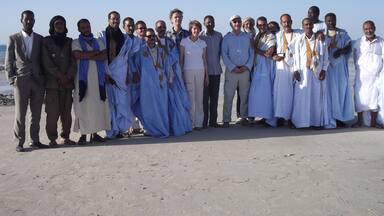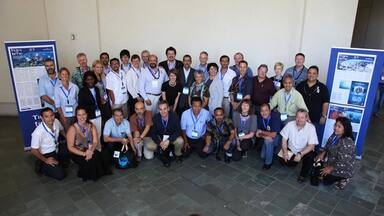The World Heritage List includes 50 marine sites across 37 nations. Local managers at these sites have confronted every imaginable problem facing our temperate and tropical oceans, and many have created leading edge solutions.
Tapping the vast expertise contained within the network helps accelerate achieving sustainable marine protected areas in the framework of the 2030 United Nations Sustainable Development Goals. Expertise is shared from across the network through site-to-site field visits, e-communication and tri-annual global managers conferences, facilitated by the World Heritage Marine Programme.
World Heritage Marine Managers Conference
Every three years, managers of the 50 marine sites on the UNESCO World Heritage List come together to share their best practices, discuss solutions, and forge a path forward together.
The 5th edition was held in the Wadden Sea (Denmark, Netherlands, Germany) in October 2023. Previous editions were held in Glacier Bay National Park and Preserve, USA (2019), Galapagos Islands, Ecuador (2016), Scandola Reserve, France (2013) and Hawaii, USA (2010).
2023 Photo gallery
2019 Photo gallery 2019 Conference film 2016 Photo gallery 2016 Conference film
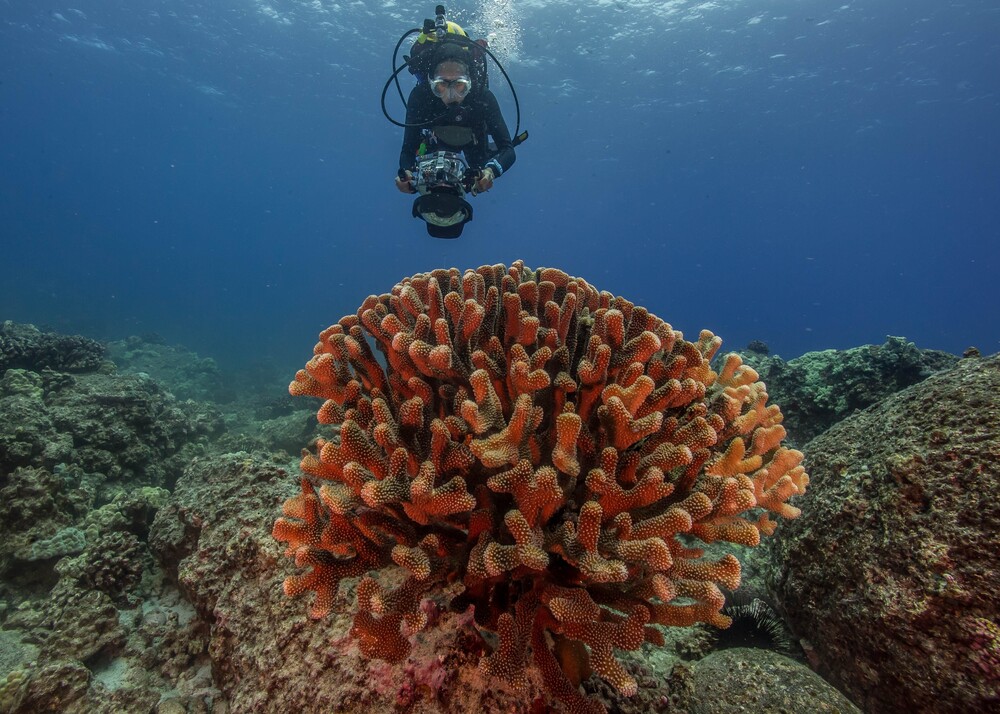
Identifying Critical Science Gaps
In October 2021, local management teams from the 50 UNESCO marine World Heritage sites met online with ocean scientists and ocean science funders to identify critical science gaps that impede the sustainable protection of marine World Heritage sites. The virtual conference laid the foundation for a roadmap for action in marine World Heritage sites throughout the United Nations Decade of Ocean Science for Sustainable Development (2021 -2030).
Online Meetings
Financing Marine Protected Areas through Blue Carbon Credits
In September 2023, global marine protected area practitioners met online with leading voices in carbon credit markets, who shared firsthand insights about how blue carbon credits work, what incites businesses to invest, what a high-quality blue carbon project looks like, and how to assess viability as a sustainable financing stream in support of marine conservation. UNESCO World Heritage marine sites play a critical role in the protection of the globe’s blue carbon ecosystems.
Building climate resilience for people and nature at marine World Heritage sites
In May 2023, experts in resilience-based management and local teams from marine World Heritage sites met online to share best practices and first-hand insights from the Resilient Reefs Initiative on designing and implementing a resilience strategy. Earlier this year, both the Ningaloo Coast (Australia) and the Belize Barrier Reef Reserve System (Belize) became the first marine World Heritage sites to launch resilience strategies, supported by the Resilient Reefs Initiative.
Blue Bonds and Debt-for-Nature Swaps
In January 2023, global marine protected area practitioners met online with World Heritage managers from the Seychelles and Belize, who shared first-hand insights on how Blue Bonds and debt-for-nature swaps provide long-term financing for the conservation of their World Heritage sites. The innovative approach to conservation financing has already brought USD$ 325,000 to the Aldabra Atoll World Heritage site and enabled the designation of all public lands within the Belize Barrier Reef World Heritage site as mangrove reserves.
Coral Bleaching Preparedness
In July 2022, experts in coral bleaching preparedness and local management teams from the 29 World Heritage coral reefs met online to share best practices to recognize bleaching alerts and rapidly deploy monitoring and evaluation measures during such events. Insights included utilising bleaching alerts from the NOAA Coral Reef Watch in Belize, maintaining long-term coral reef monitoring programs in Palau and performing aerial and in-water surveys, as well as citizen science surveys, in Australia.
Ocean Science Gaps
In October 2021, local management teams from the 50 UNESCO marine World Heritage sites met online with ocean scientists and ocean science funders to identify critical science gaps at marine World Heritage sites. The virtual conference laid the foundation for a roadmap for action in marine World Heritage sites throughout the United Nations Decade of Ocean Science for Sustainable Development.
Managing invasive species
In May 2021, invasive species experts and local management teams from the 50 UNESCO marine World Heritage sites met online to share lessons learned in the prevention and eradication of invasive species, including market-based incentives in Belize, biosecurity protocols in the Galapagos Islands, and eradication actions in the French Austral Lands and Seas.
Assessing climate vulnerability
In December 2020, climate experts and local management teams from the 50 UNESCO marine World Heritage sites met online in an effort to accelerate replication of initial successes in assessing climate vulnerability. Managers from the Shark Bay, Western Australia and Wadden Sea shared how this allowed them to plan for the future.
COVID-19
In May 2020, local management teams from the 50 UNESCO marine World Heritage sites met online to share how the COVID-19 pandemic is impacting their conservation work. The dramatic drop in tourism revenues left sites struggling to keep rangers on the payroll, prevent rising illegal activity, continue crucial scientific monitoring or secure food for local communities.
© Hjortborg Tausen; © Hjortborg Tausen; © Shaun Wolfe / Ocean Image Bank; © Hjortborg Tausen
